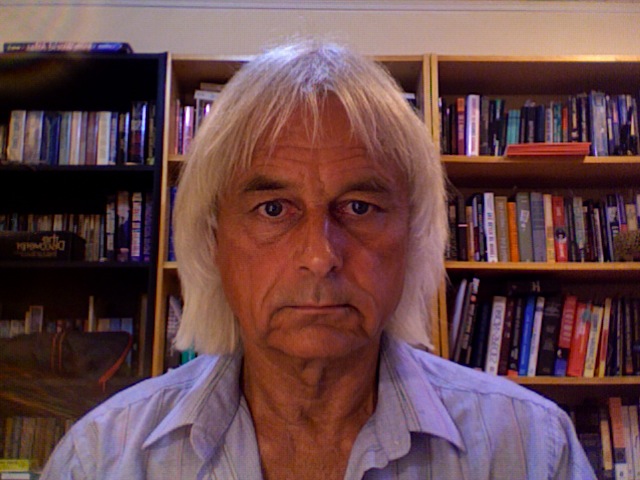In the last article I questioned the wisdom of monetary reformers who want to strip private banks of their money-issuing function and monopolize money issuance in public hands. Is this just replacing the old tyrant with a new one?
It is the concentration of commanding power that attracts demagogues and tyrants and paves the road to serfdom. The central rulers make decisions and impose them on the collective, on the corporate body, on the community, on the people of the nation. We are already suffering the consequences of too much ruling power in the hands of private bankers and private corporatists. I don't think centralized money-issuing and allocating power -- Wall St run by "public" rather than "private" bankers -- is the model we're looking for.
Even China's communist government does not micromanage China's issuance and allocation of financial credit. That job is performed by the local financial professionals called bankers. The Chinese government exercises macroeconomic management to serve the interests of the Chinese people; and lets the bankers and entrepreneurs figure out how to make it happen.
I think North Dakota provides a model of a good balance of power between the macroeconomic oversight of the State-owned Bank of North Dakota (BND), and the private bankers who are served by this "mini" central bank. The BND helps small State banks make loans that are too large for their depositor base and capital adequacy. ND businesses bring "big ideas" to small banks, small banks take the ideas to the BND, and altogether they decide if the loan and the investment is worth the risk of the State's collective credit: worth providing money that enables the business to hire, pay for, "allocate" the State's real human and material resources to the business's stated purpose for the loan.
In the 1920s and 30s CH Douglas called this the "social credit": the people's real capacity to go to work and do and make what they need and want. The social credit is activated by -- hired and put to work by -- the offer to pay people money. Money is the financial credit that activates the people's real credit, their real capacity to make things happen. Since its founding in 1919, the BND has done a commendable job of macroeconomic management of North Dakota's financial credit.
Ellen Brown has written and advocated extensively on the virtues of public banking. Her 2013 book, The Public Bank Solution: From Austerity to Prosperity, makes the case for this -- what should be a no-brainer for local and State governments -- fiscally and democratically beneficial reform. OEN's own Scott Baker is prominent in America's public banking movement.
{Scott is also a longtime advocate of government debt-free money issuance in the form of "greenbacks". From Lincoln until 1996, the United States Treasury issued its own paper currency, United States Treasury Notes. As contrasted with Federal Reserve Bank Notes -- which are issued against debt -- United States Notes are debt-free cash money. Federal Reserve Notes are debt-based cash money.}
The BND uses the US$, which is owned and controlled by private bankers, so the BND is bound by the rules of banker arithmetic. The BND can issue "credit-money" (which is debt to the borrowers of the State-issued credit). But North Dakota is not a monetary sovereign with the right to issue its own debt-free fiat money.
Next Page 1 | 2 | 3 | 4 | 5 | 6 | 7 | 8 | 9
(Note: You can view every article as one long page if you sign up as an Advocate Member, or higher).





